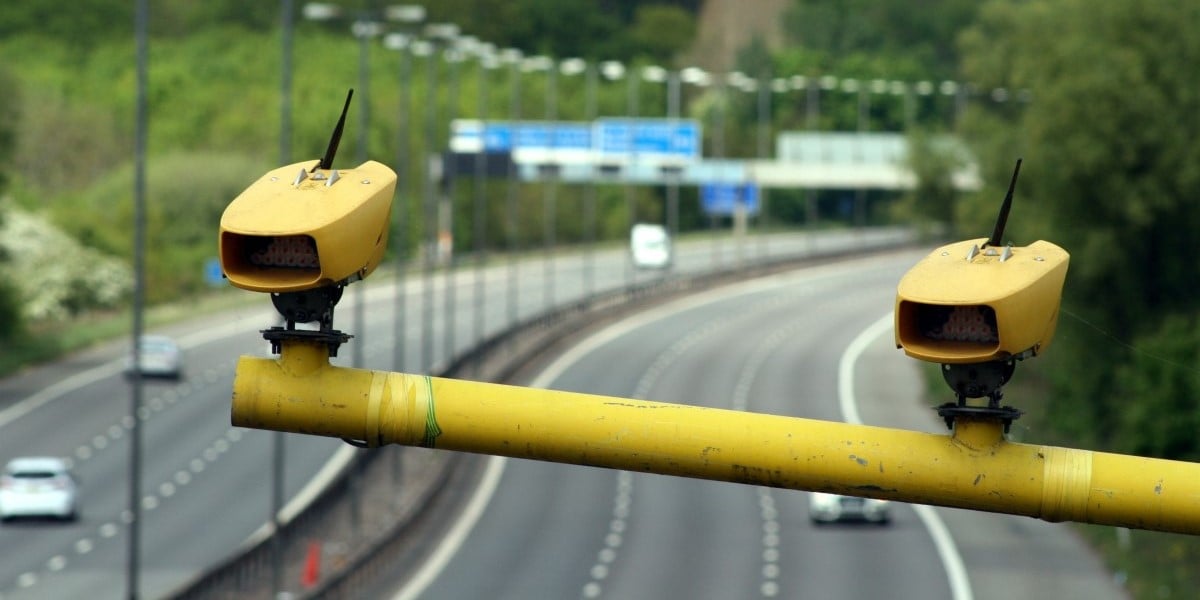
Newcastle University is working to reduce death and injury on our roads through research that’s helping predict collision hotspots around the world.
Our experts have developed and applied novel Bayesian statistical methods to create software for predicting traffic collision hotspots and evaluating site-based road safety measures in a bid to reduce casualty rates.
A web-based app – RAPTOR – has also been created. The first of its kind, it’s already influencing traffic and road safety policy in over 60 countries.
How does RAPTOR work?
Through a partnership with traffic management software specialists PTV Group, the Newcastle team researched statistical modelling of road traffic collisions.
RAPTOR was then developed by the Newcastle team with support from PTV, so that planners and road safety analysts can assess the most critical points in a transport network.
Because the app can help predict future collision sites and potential casualty rates, road safety engineers can introduce intervention measures, including positioning mobile safety cameras at collision hotspots.
RAPTOR also analyses the impact of these measures, allowing cameras and other road safety interventions to be relocated where needed to continue reducing collision rates.
Collision hotspots are usually identified by their abnormally high collision or casualty count over some observation period, and Newcastle’s research – led by Dr Lee Fawcett and Dr Neil Thorpe – examines the change in collision or casualty frequency before and after safety measures are introduced. This is vital in assessing the effectiveness of these measures, as collision rates can reduce without intervention, particularly if they were abnormally high to begin with.
Global impact
Newcastle’s research supports the World Health Organisation’s (WHO) Decade of Action for Road Safety – a global plan which aims to halve road traffic deaths and injuries by 2030.
Already RAPTOR is:
- underpinning the development of new software applications with a sales value of €1.1million for 140 global organisations in 40 countries
- evaluating speed cameras in various locations in Europe and the UK – in North Yorkshire it has contributed to reducing average annual traffic casualties from 514 to 436, resulting in a saving of around £22.5m in collision prevention
- informing the impact of a new low emission zone in Lisbon, Portugal
- being used by the Northumbria Safer Roads Initiative, a partnership between the UK’s Northumbria Police and the six local authorities with the force area
Senior Lecturer in Statistics at Newcastle University, Dr Fawcett, said:
‘I’ve really enjoyed working alongside road safety experts – including engineers, practitioners, transport software providers and consultants in the field.‘
And it’s great to know that the ongoing collaboration between the team at Newcastle and our external partners is having a real impact, contributing towards the World Health Organisation’s Decade of Action for Road Safety.”
You might also like...
- Find out more about Dr Lee Fawcett, Senior Lecturer in Statistics
- Explore our School of Mathematics, Statistics, and Physics
- Learn more about Newcastle University’s School of Natural and Environmental Sciences
- Read more about the World Health Organisation’s (WHO) Decade of Action for Road Safety
